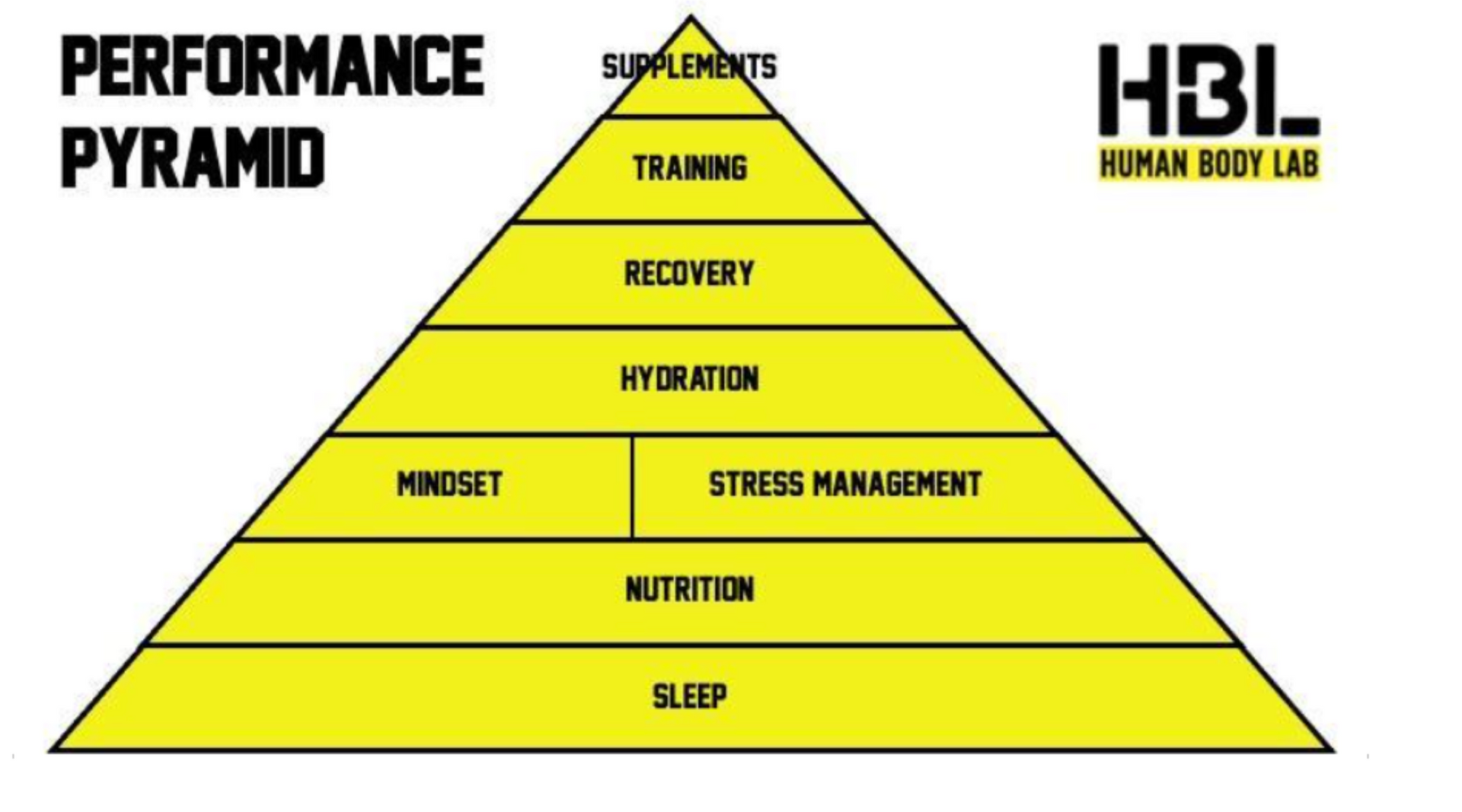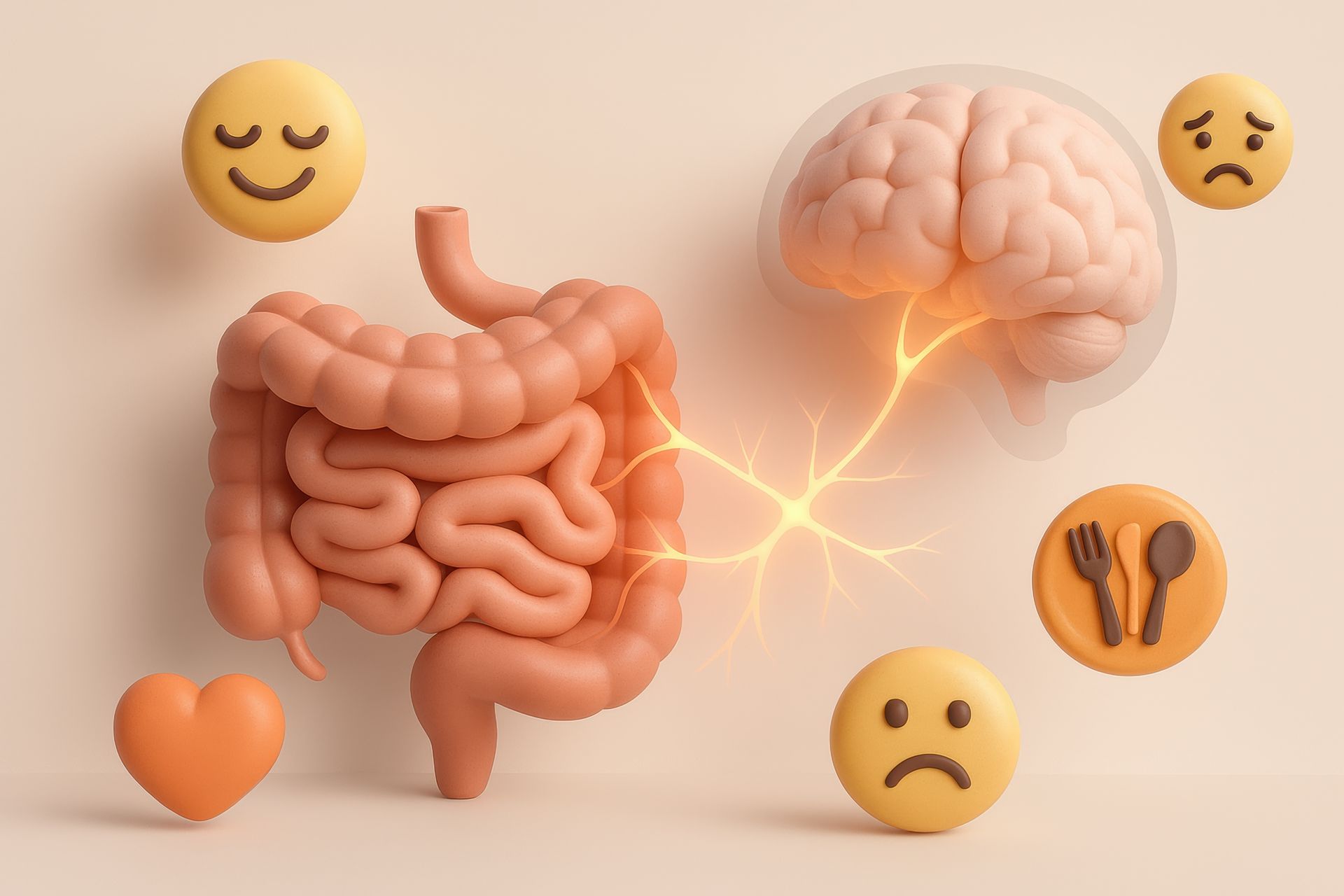Understanding Different Types of Stress

INTRODUCTION
Stress is an inherent part of our lives, and its impact can be felt physically, mentally, and emotionally. While stress is often associated with negative connotations, it's essential to understand that not all stress is detrimental. In fact, there are various types of stress, including one that emerges as a result of physical exercise. This article explores the different types of stress and sheds light on the positive effects of exercise-induced stress.
ACUTE STRESS
Acute stress is short-term and results from specific events or situations. It typically arises when facing deadlines, exams, presentations, or unexpected challenges. Acute stress triggers the body's "fight or flight" response, releasing stress hormones like cortisol and adrenaline. While it can enhance focus and performance temporarily, chronic or excessive acute stress can lead to negative health outcomes.
EPISODIC ACUTE STRESS
Episodic acute stress refers to frequent bouts of acute stress. Individuals who experience this type of stress often find themselves overwhelmed by multiple stressors. They may exhibit symptoms such as irritability, anxiety, constant worry, and a feeling of being "stressed out" most of the time. This recurring pattern of acute stress can lead to chronic stress if left unmanaged.
CHRONIC STRESS
Chronic stress occurs when stressors persist over an extended period, often arising from ongoing problems such as work-related issues, financial difficulties, relationship conflicts, or caregiving responsibilities. Unlike acute stress, chronic stress can be harmful to both physical and mental well-being. It can contribute to a range of health problems, including cardiovascular issues, weakened immune function, anxiety, depression, and burnout.
EUSTRESS
Eustress is a positive form of stress that arises from exciting or challenging events, such as starting a new job, planning a wedding, or participating in a thrilling activity. It can evoke feelings of excitement, motivation, and increased focus. Eustress can be beneficial as it provides opportunities for personal growth, increased resilience, and a sense of accomplishment.
EXERCISE AS A POSITIVE STRESSOR
Exercise-induced stress falls under the category of eustress. When we engage in physical exercise, the body experiences a temporary increase in stress as it adapts to the demands placed upon it. Exercise activates the sympathetic nervous system, leading to an increase in heart rate, blood pressure, and the release of stress hormones. However, these physiological responses occur within a controlled and safe environment, providing numerous benefits to both physical and mental health.
PHYSICAL BENEFITS
Regular exercise helps improve cardiovascular fitness, strengthen muscles and bones, enhance flexibility, and increase overall physical stamina. It also aids in weight management, reduces the risk of chronic conditions such as heart disease, diabetes, and certain cancers, and promotes better sleep patterns.
MENTAL AND EMOTIONAL BENEFITS
Exercise is known to boost mood and mental well-being. It stimulates the release of endorphins, the body's natural mood-enhancing chemicals, which can alleviate symptoms of anxiety and depression. Engaging in exercise also promotes better cognitive function, memory, and concentration, reducing the risk of cognitive decline.
STRESS REDUCTION AND RESILIENCE
Exercise acts as a stress reliever by providing a healthy outlet for pent-up tension and anxiety. It helps regulate cortisol levels, reduces muscle tension, and encourages relaxation. Regular exercise can enhance resilience by training the body to adapt to stressors more effectively, resulting in improved coping mechanisms and an overall increased sense of well-being.
SOCIAL ENGAGEMENT AND SUPPORT
Social engagement and support can play a significant role in stress management. Here are some benefits of social engagement and support in managing stress:
Emotional support: Interacting with others and receiving emotional support can provide a sense of belonging, validation, and understanding. Sharing your feelings and concerns with trusted individuals can help alleviate stress by providing a safe space for expressing emotions.
Social connection: Engaging in social activities and maintaining relationships with friends, family, or community groups can foster a sense of connection and reduce feelings of isolation. This connection can contribute to overall well-being and act as a buffer against stress.
Stress reduction through laughter: Social engagement often involves laughter and humor, which can help reduce stress. Laughing releases endorphins, natural mood-boosting chemicals, and can have a positive impact on overall stress levels.
Distraction and relaxation: Engaging in social activities can serve as a distraction from stressors. Participating in enjoyable social events, hobbies, or leisure activities with others can help shift the focus away from stress and promote relaxation.
Increased self-esteem: Positive social interactions and support can boost self-esteem and self-confidence. Feeling valued and supported by others can enhance your belief in your ability to cope with stress and overcome challenges.
Hormonal benefits: Social engagement and support have been shown to reduce the levels of stress hormones, such as cortisol, in the body. This can have a positive impact on overall stress levels and contribute to better stress management.
CONCLUSION
Stress is an inevitable part of life, but not all stress is detrimental. This article has explored the different types of stress, including acute, episodic acute, chronic, and eustress. While chronic stress can have negative effects on both physical and mental well-being, eustress, which arises from exciting or challenging events, can be beneficial for personal growth and resilience.
One positive form of stress is exercise-induced stress, which falls under the category of eustress. Engaging in physical exercise temporarily increases stress on the body, activating physiological responses that provide numerous physical and mental health benefits. Regular exercise improves cardiovascular fitness, muscle strength, flexibility, and overall physical stamina. It also aids in weight management, reduces the risk of chronic conditions, and promotes better sleep patterns. Additionally, exercise boosts mood, alleviates symptoms of anxiety and depression, enhances cognitive function, memory, and concentration, and reduces the risk of cognitive decline.
Furthermore, exercise serves as a stress reliever by providing a healthy outlet for tension and anxiety. It helps regulate cortisol levels, reduces muscle tension, and promotes relaxation. Exercise also enhances resilience by training the body to adapt to stressors more effectively, resulting in improved coping mechanisms and an increased sense of well-being.
In addition to exercise, social engagement and support play a significant role in stress management. Social connections and emotional support provide a sense of belonging, validation, and understanding, reducing the burden of stress. Laughter and humor in social interactions can contribute to stress reduction, while enjoyable social activities serve as distractions from stressors and promote relaxation. Positive social interactions and support also boost self-esteem and self-confidence, enhancing belief in one's ability to cope with stress. Moreover, social engagement and support have hormonal benefits, reducing the levels of stress hormones in the body and contributing to better stress management.
It is important to remember that the benefits of social engagement and support may vary from person to person, and finding the types of social connections and activities that work best for you is crucial. Building and nurturing a supportive social network can be a valuable tool in managing and reducing stress in your life. By recognizing the positive aspects of stress and incorporating exercise and social engagement into our lives, we can better manage stress and promote overall well-being.










